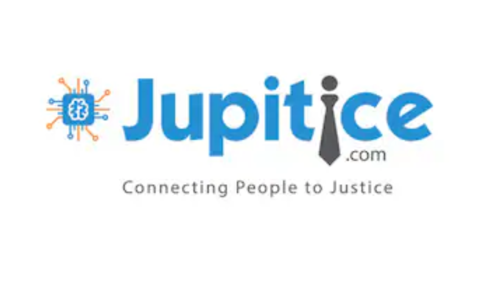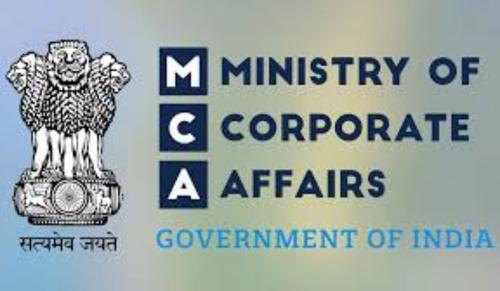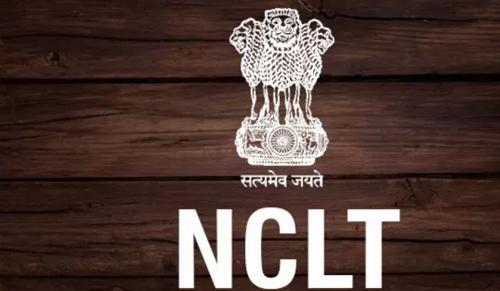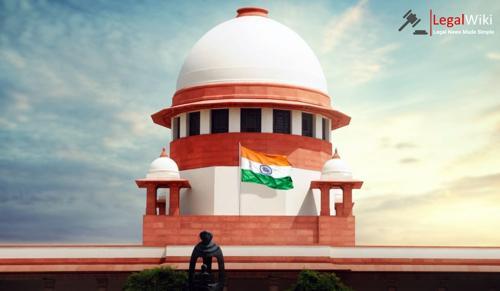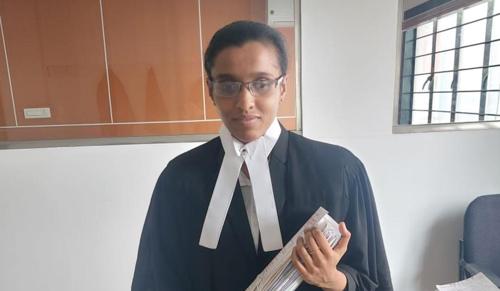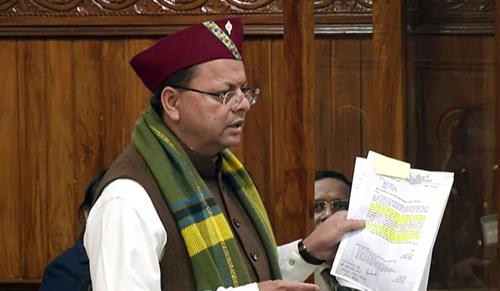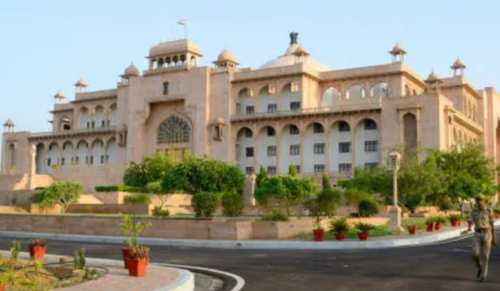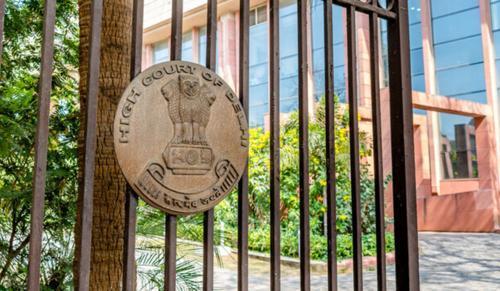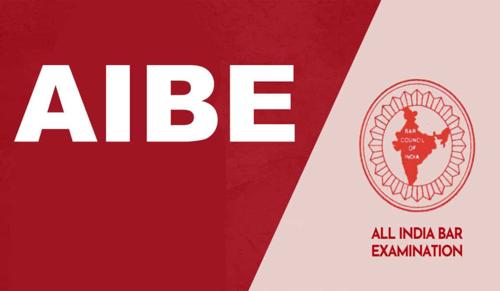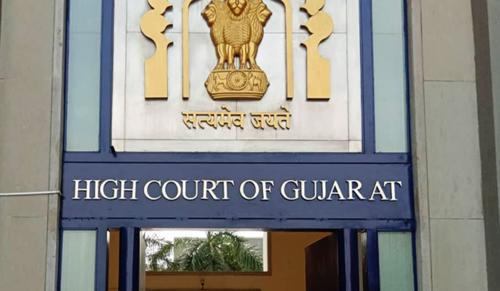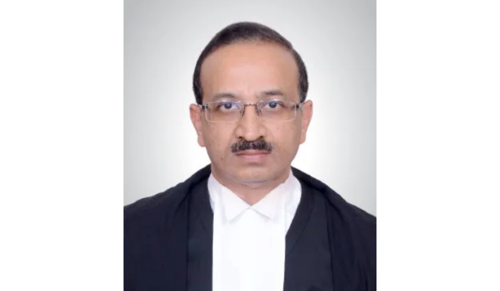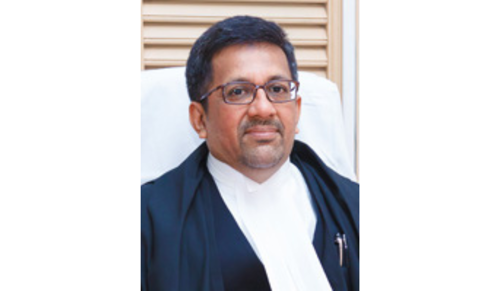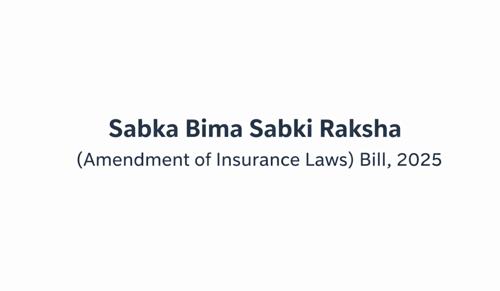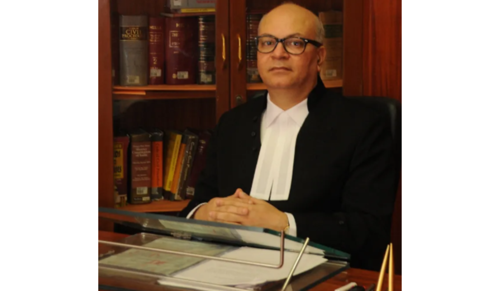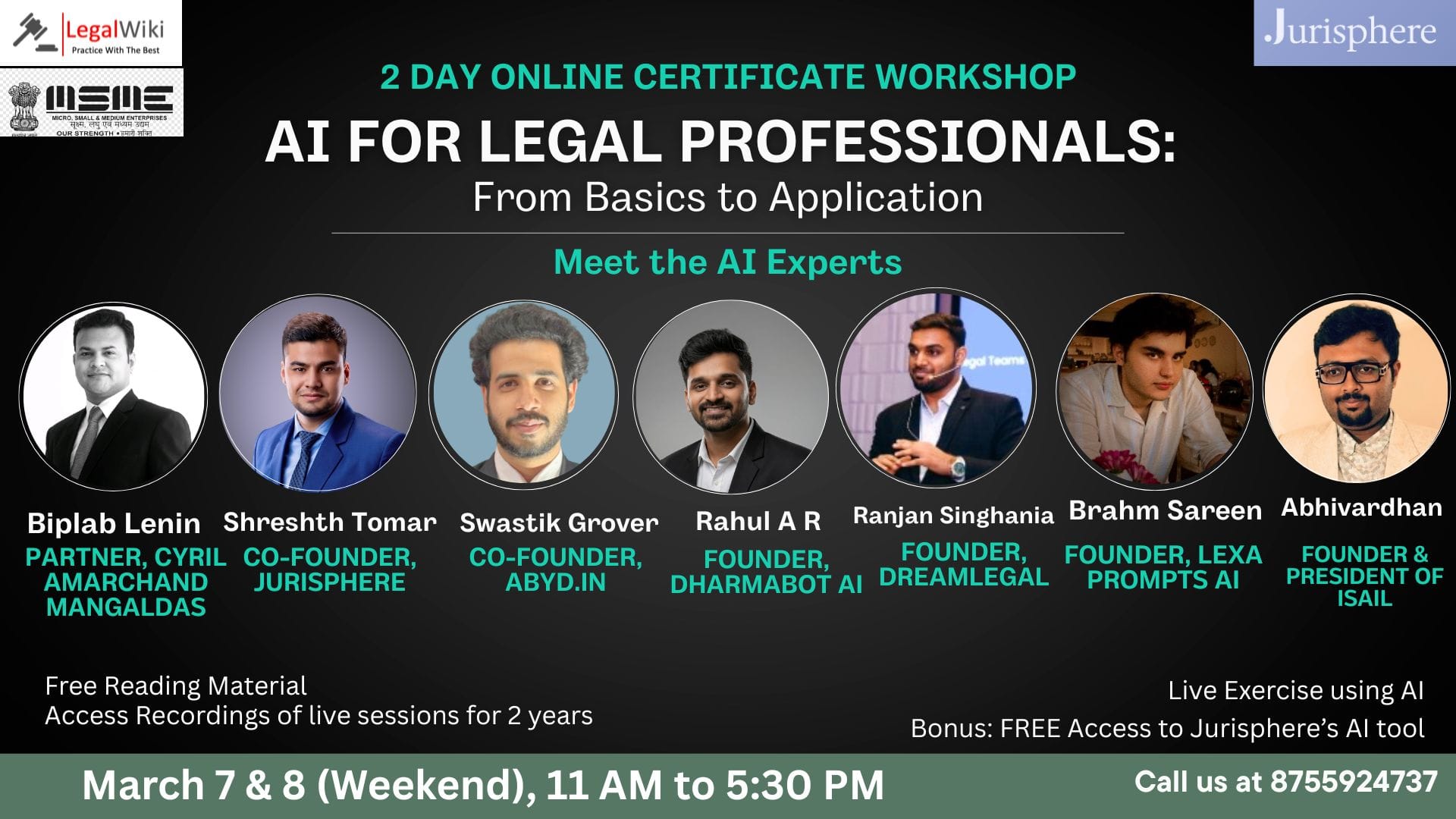The Rajasthan State Legal Services Authority inaugurated the e-Samadhan Digital Mediation Platform and Digital Lok Adalat Platform developed by Jupitice Justice Technologies Pvt. Ltd.
The launch took place at the National Cyber Security Conference in the presence of Chief Justice of India Surya Kant and Rajasthan Chief Minister Bhajan Lal Sharma. The platforms enable end-to-end online mediation workflows and structured digital Lok Adalat settlement drives.
The initiative aims to integrate technology into dispute resolution, improve accessibility, and support faster settlements.
Legal observers said such institutional adoption of online dispute resolution tools could help reduce pendency and strengthen pre-litigation frameworks.
